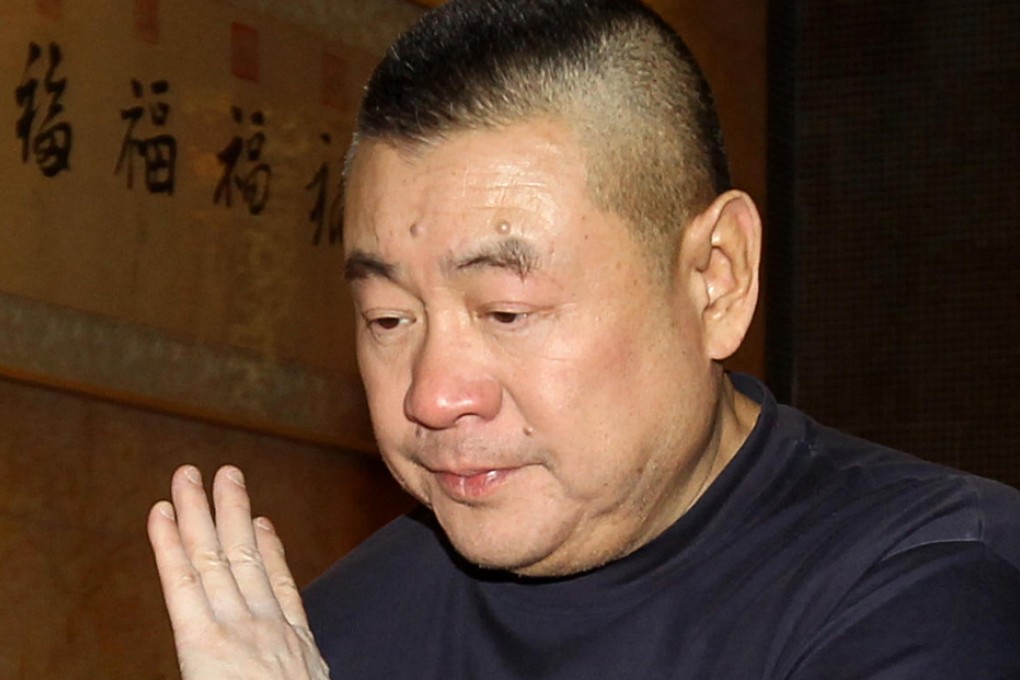Joseph Lau Luen-hung, Steven Lo Kit-sing sentenced to jail for land deal
Tycoon and businessman Steven Lo sentenced to jail over bribes-for-land scheme in Macau - but they're unlikely to spend a day behind bars

Billionaire Hong Kong property tycoon Joseph Lau Luen-hung has been handed a jail term of five years and three months by a Macau court for his part in a bribes-for-land racket involving the most corrupt public official ever brought to justice in the history of the former Portuguese enclave.
Chinese Estates Holdings chairman, Lau, 62, and his high-profile business partner Steven Lo Kit-sing were yesterday found guilty of corruption and money laundering for paying a HK$20 million bribe to disgraced ex-public works chief Ao Man-long, who was jailed for 29 years in May 2012.
Both men were given the same jail term despite Judge Mario Augusto Silvestre saying that Lau had played a more significant "planning'' role in the bribery scheme. Lawyers for the pair said they would appeal.
Neither Lau, who is worth US$8.4 billion according to the rich list, nor Lo, the multi-millionaire boss of top Hong Kong soccer team South China, were in Macau's Court of First Instance to hear the verdict. They are unlikely to spend any time behind bars because Macau does not have an extradition treaty with Hong Kong.
After a two-year trial punctuated by delays, sickness and an unprecedented change of judge, Lau and Lo were found guilty of offering a bribe to Ao in return for five plots of prime land over-looking one of the world's most lucrative stretches of land - Macau's glitzy Cotai Strip - for a luxury housing development, La Scala.
Judge Augusto Silvestre - who replaced original trial judge Alice Costa, who fell sick shortly after the trail opened - said it was Lau's idea to buy the land, describing Lo as "merely a middleman".
In a closed bid for the land near Macau airport in June 2005, Jones Lang LaSalle, representing Lo's Moon Ocean, bought the land for HK$1.37 billion. Lau bought 70 per cent of the company in December 2005, acquiring the remaining 30 per cent in March 2011.
